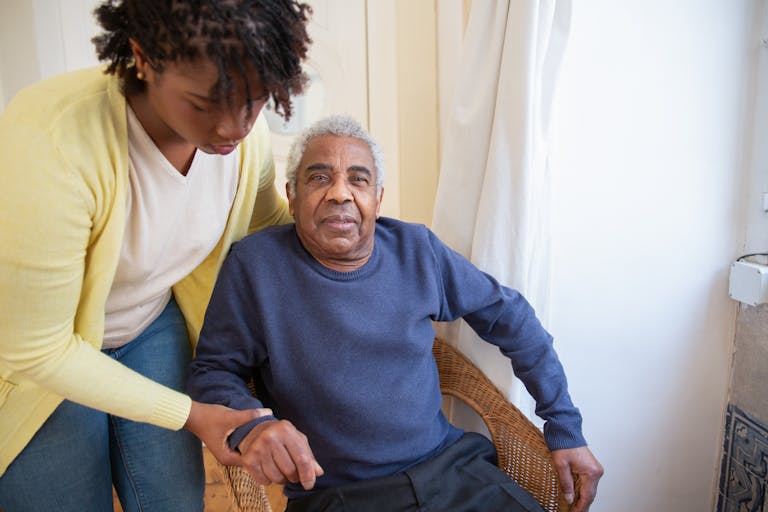Guardianship Issues – Physician Certificates – Part 2
guardianship for a parent. Physician Certificates

guardianship for a parent. Physician Certificates

guardianship physician certificates
If My Sister and I both File for Guardianship for our Mother, who has Priority? The starting point is what type of guardian do you seek. There are two types of guardians. The first is the guardian of the person. It is this person that makes medical related decisions on behalf of the disabled. The…
Adult contested guardianship can occur when a parent losses the ability to make decisions for her health and/or her financial well-being. Is There a Need for a Guardian? Having a properly executed financial power of attorney and advance directive can certainly avoid the need for guardianship in many instances. But, what happens if the financial…